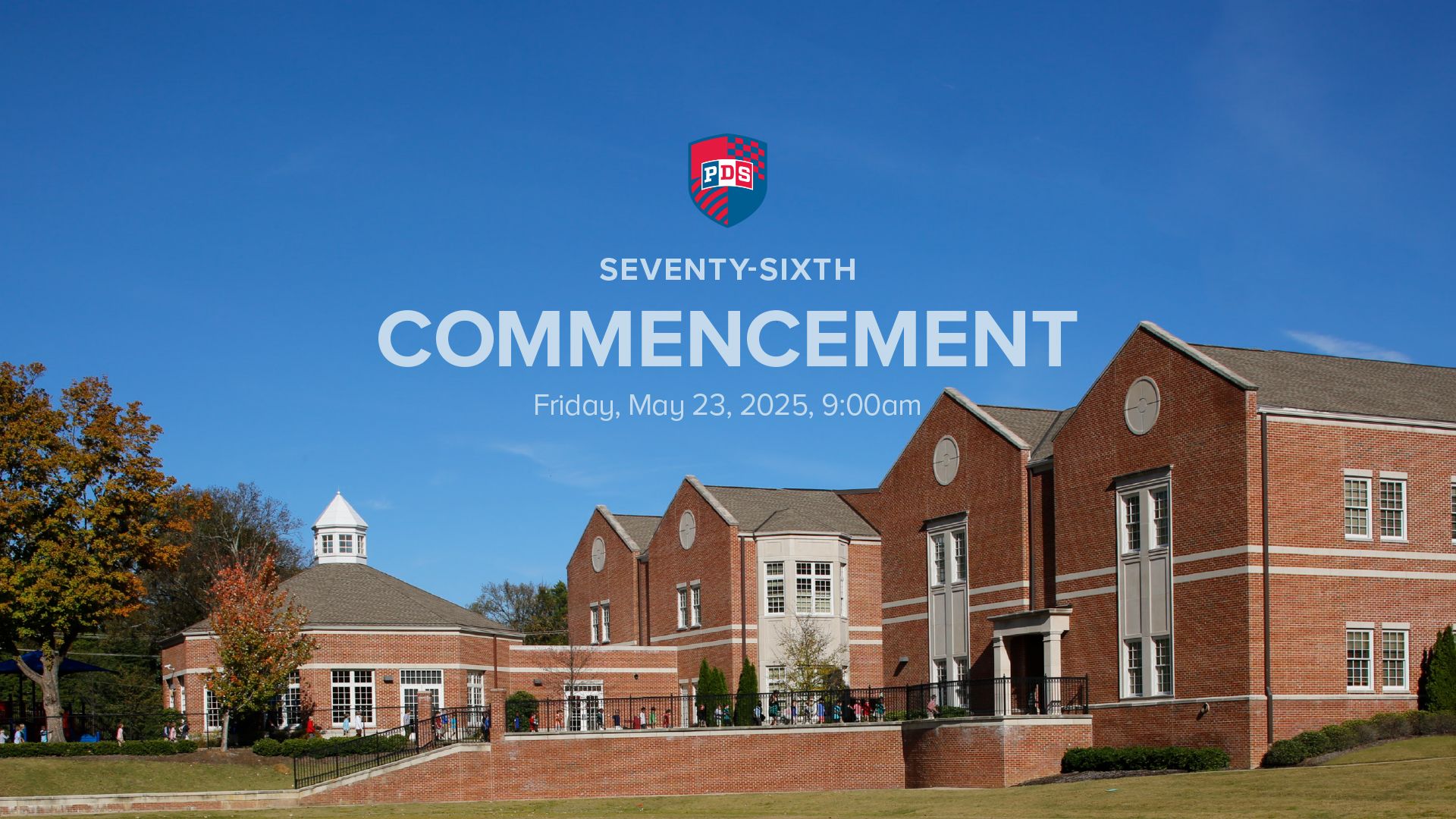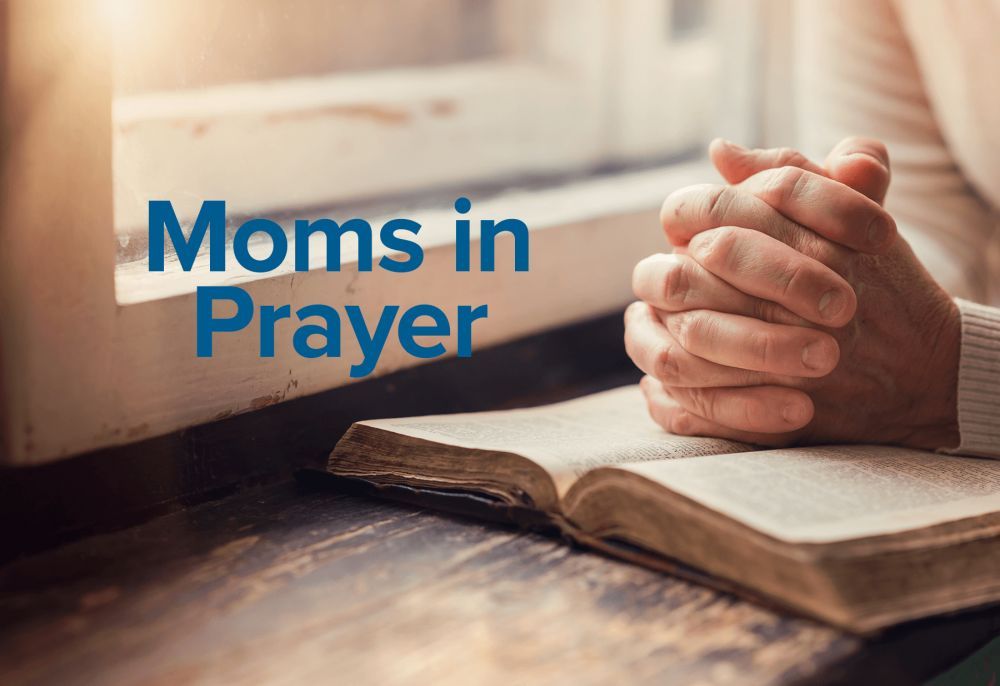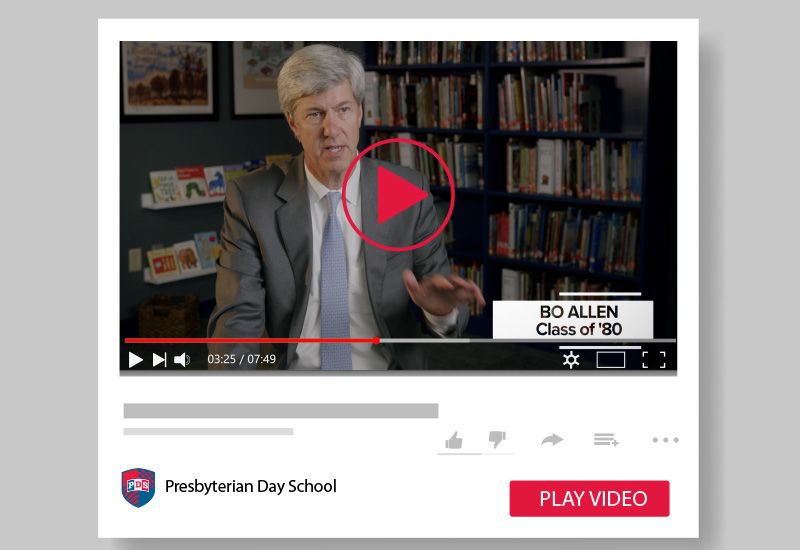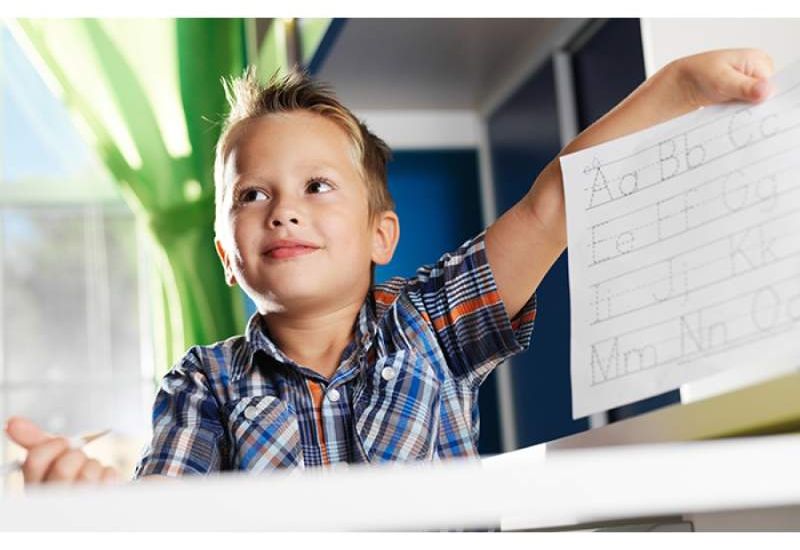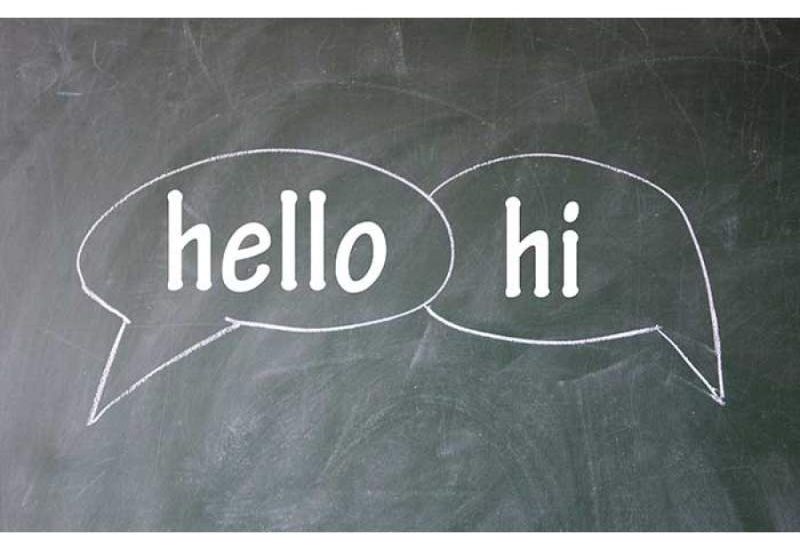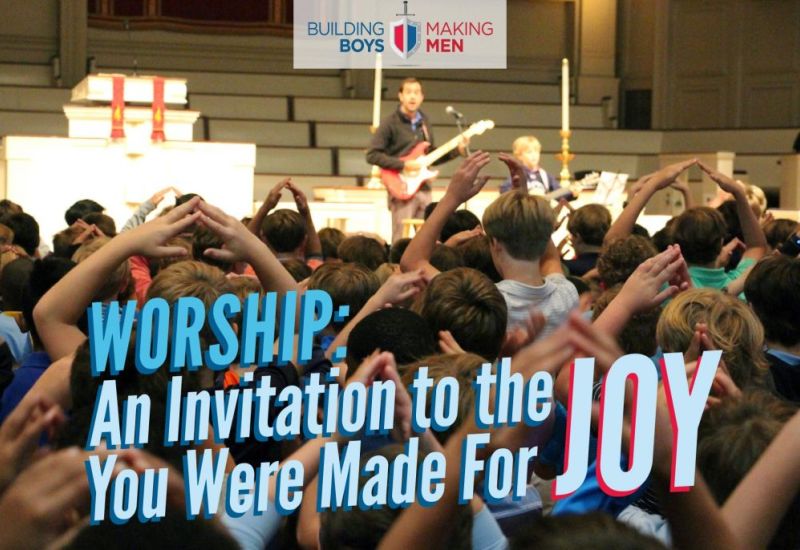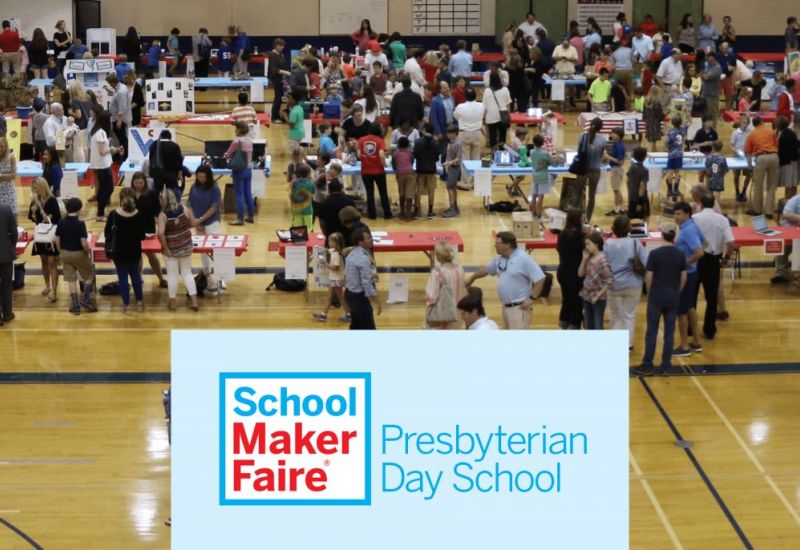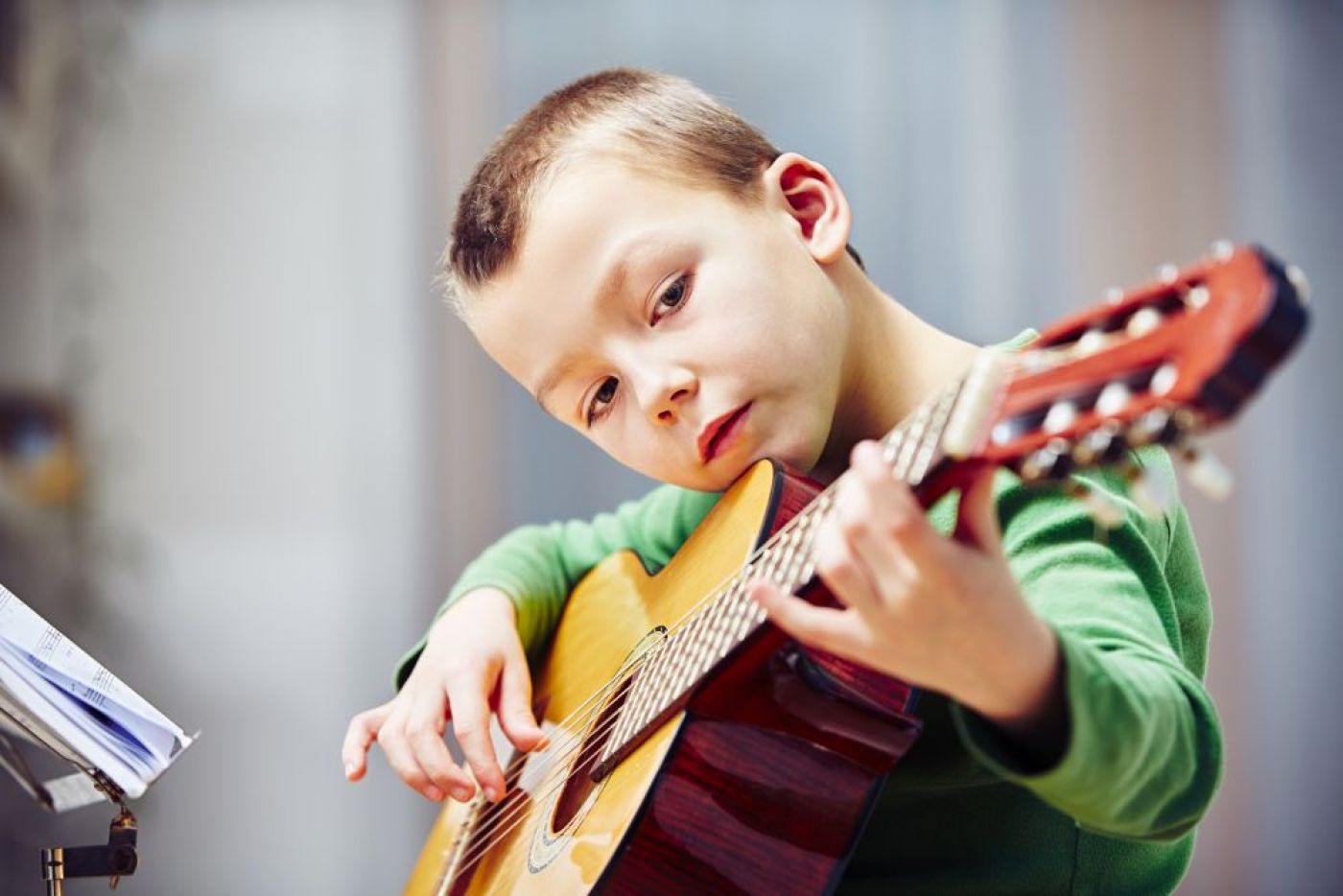
The Benefits of Music in Education
Music as a school subject, or even as an extra-curricular subject, is sometimes frowned upon as unnecessary and even indulgent. There is a belief, however unsubstantiated, that school subjects and extracurricular activities should be focused on purely technical and functional topics.
Why spend time and money on music when additional hours can be added to math and science? Why invest in musical instruments when a child's literacy grade can be improved? As scientific studies show, music contributes to all areas of thinking and brain development. Music as a discipline contributes even to daily life and schoolwork.
Benefit #1: Music Improves Learning Skills and Brain Development
Music develops the spatial-temporal reasoning of the brain. Spatial-temporal reasoning “involves maintaining and transforming mental images in the absence of a physical model and is required for higher brain functions such as chess, mathematics and engineering.” This kind of reasoning is used to mentally analyze problems and come up with solutions.
Music, specifically classical music pieces designed for orchestral performances, “prime” spatial-temporal reasoning. Excellent music is composed according to patterns of beat, tempo, counterpoint, and so forth. Excellent spatial-temporal reasoning is seen when students notice and find relationships between patterns—hence the increase of excellence in mathematics and science.
The study of Rauscher et al proved that when students listened to a Mozart sonata, their spatial-temporal reasoning was enhanced for at least 10 minutes afterwards. On the other hand, when students learned how to play the piano, their spatial-temporal reasoning was enhanced for at least a day afterwards. Scientifically, this affects long-term memory, and the benefits increase as the child continues playing music.
This is evident in studies that tested academic achievement in relation to music. In the journal Neurological Research, 237 second-grade children were given regular piano lessons in addition to a new math program. They consistently had higher grades than the children who only took the new math program, by as much as 27%.
According to the College-Bound Seniors National Report, students who had music embedded into their curricula (both instrumental music and music appreciation) consistently scored higher on the SATs (Standardized Achievement Test). In fact, they scored an average of 44 points more in the math sections alone.
Contrary to the reasoning that closed down half of California's public school music departments in 2009, music is beneficial to students' academic development. As it develops spatial-temporal reasoning, it equips the child's brain with the skills needed to absorb and excel in problem-solving. However, it has even more benefits than just the academic ones.
Benefit #2: Music Provides a Constructive Emotional Outlet
Energy and creativity are embedded into every child's psychological make-up. Childhood is a time for exploration and discovery, of the self as well as the outside world. This energy should be directly guided into constructive outlets that take time and allow the child to exercise his natural creativity through the bounds of discipline.
According to the Texas Commission on Drug and Alcohol Abuse Report, students who had regular orchestra or band training and practice were the least likely to find less constructive forms of recreation. Since they had an art that would channel and shape their time, energy, and creativity, they turned to it in times of boredom or emotional stress.
Additionally, James Caterall, who analyzed the effect of arts and music on students, discovered that students who studied music were more likely to achieve high grades and even be more engaged in the overall school system. Their investment in music drained away excess energy, relaxed their minds to make them more receptive, and increased the time and focus needed for academic exertions.
Benefit #3: Music is a Discipline, Not Just an Art
What usually issues from a piano, guitar, violin, or other musical instrument onstage, during a recital or presentation, is the finished product. Whether the musical piece is a classical Bach or Beethoven, or a more modern piece drawn from the Pirates of the Caribbean, the music made is beautiful and enchanting. However, since it is the finished product, it all seems “quite useless,” to quote Oscar Wilde.
What does the audience miss? The hours put into learning the piece, the many more hours put into practice, and the hours and hours of mixed excitement and fear about the recital. These are character lessons that cannot be replicated anywhere else. But why, it might be asked, can those hours not be put into answering math problems and improving reading skills?
The answer is that they need hours and hours of doing something they enjoy to learn how to transmit that enjoyment to the rest of their school and life. Children may become frustrated with their school work, with math problems and solutions they do not seem to understand at the moment.
The solution to that is not enforced practice, but a secondary activity that they are good at and see progress in. As they see their progress in the secondary activity that they enjoy, they lose the feeling of frustration and the feeling they are stuck in something they do not understand. This hope is transmitted to their daily challenges, and they find the strength to fight those battles once more.
Music Benefits the Student Both in the Classroom and in Life
The debate pitting the usefulness of music against additional hours of tutoring and homework is not likely to end soon. The finished product of music is too pleasurable and too associated with leisure to end the debate. However, it cannot be denied that music has a direct and visible impact on brain development and academic achievements.
We at PDS are committed to giving children an education that equips them for the creative and competitive learning and working environment in the outside world. Our Fifth Academic Principle reads:
“We will orient our curriculum and teaching to align with the skills, knowledge and perspectives required in the dynamic and diverse global community of the 21st century. Such skills include the ability to think critically, creatively and connectedly; see patterns in seeming chaos; make creative connections; apply knowledge to novel situations; design, create and tell stories; collaborate and communicate clearly; utilize technology facilely; wrestle with questions without simple solutions; manage ambiguity; adapt to change; and have the inclination and ability to embrace life-long learning.”
As we pursue this academic principle, we believe that incorporating music into students activities will reflect in their learning and development both in the classroom and outside.
This email address is being protected from spambots. You need JavaScript enabled to view it.
Available year-round!
We love showing off our campus and our boys.
To Schedule a tour, contact Rachel Bishop, Director of Admission at

